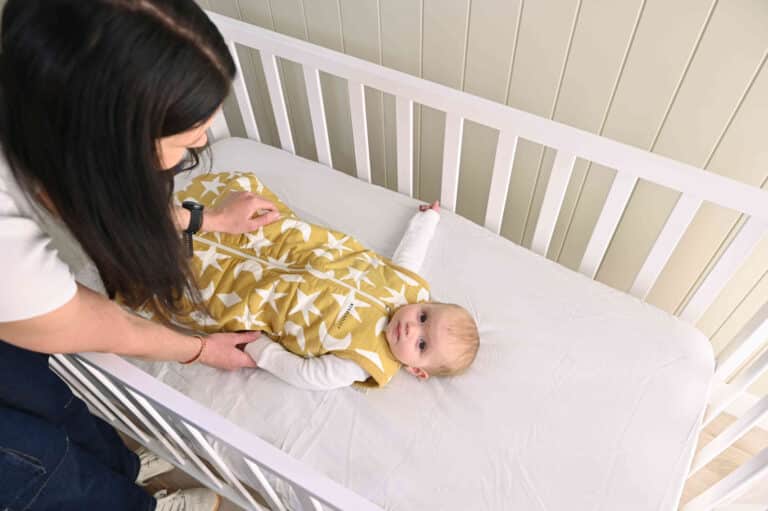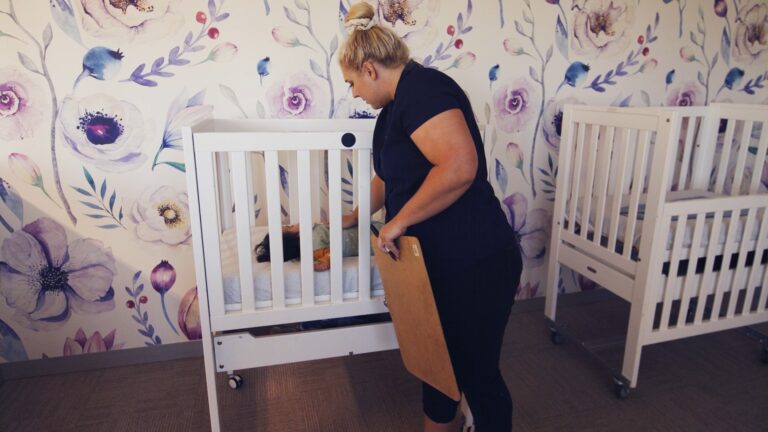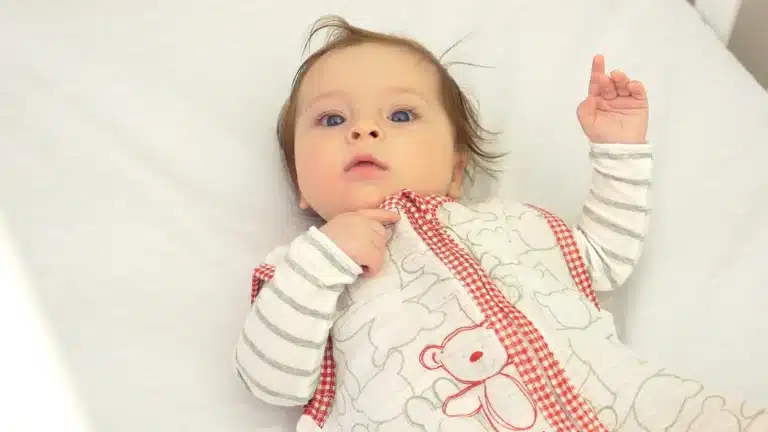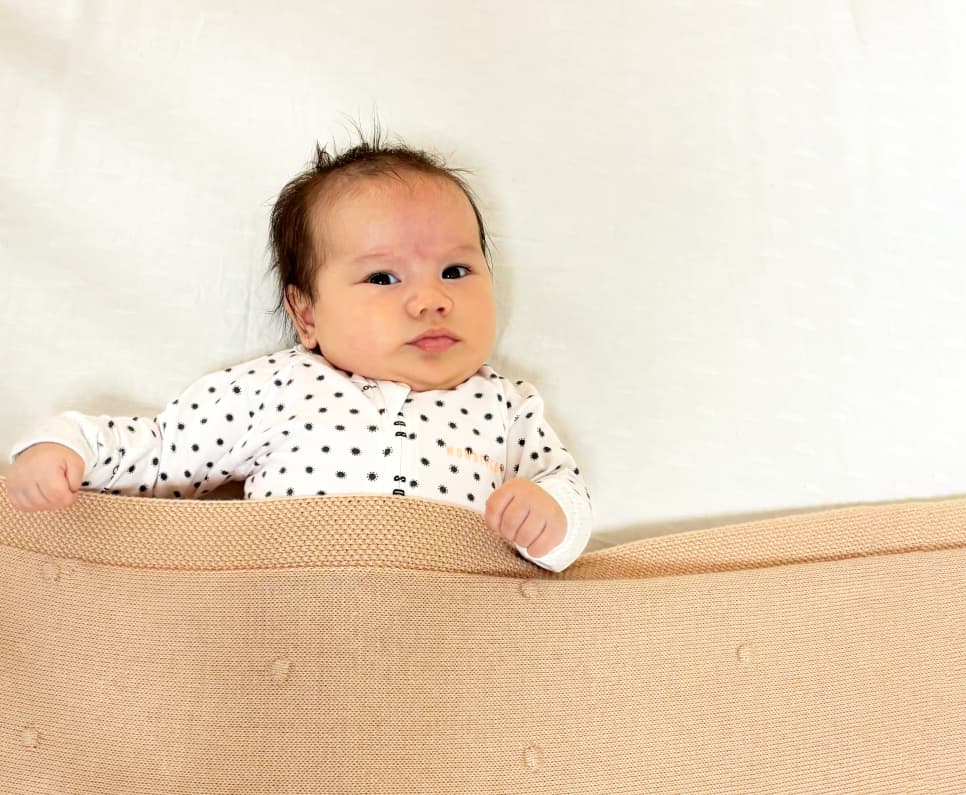Baby monitors do not reduce the risk of sudden unexpected death in infancy (SUDI), Red Nose advises.
Many parents purchase home monitoring systems because they want to provide the best possible care for their baby. Some manufacturers also claim monitors prevent sudden death.
While an audio and/or visual monitor can be reassuring for parents when babies are sleeping during the day, there is no scientific evidence that using any type of monitor will prevent a sudden unexpected infant death.
Health professionals supply some parents with baby monitors at home in special circumstances, for example, when a family has experienced a sudden unexpected death in infancy it can be helpful for parents in reducing anxiety when they have further children. “
The best thing parents can do to sleep their baby safely is to follow Red Nose’s recommendations, which are based on scientific evidence.
Red Nose Safe Sleep Recommendations:
1. Always place baby on their back to sleep, not on the tummy or side
2. Keep baby’s face and head uncovered
3. Keep baby smoke free, before and after birth
4. Provide a safe sleeping environment night and day (safe cot, safe mattress, safe bedding, safe environment)
5. Sleep baby in their own safe sleeping place in the same room as their parent or caregiver for at least the first six months
6. Breastfeed baby if possible.
For more information on safe sleeping visit our Safe Sleep Advice Hub.
Read more about baby monitors here.
Did you find this helpful?
Good job! Please give your positive feedback
How could we improve this post? Please Help us.




